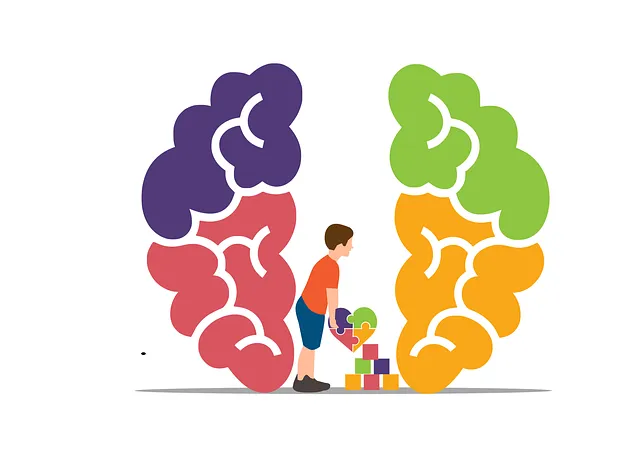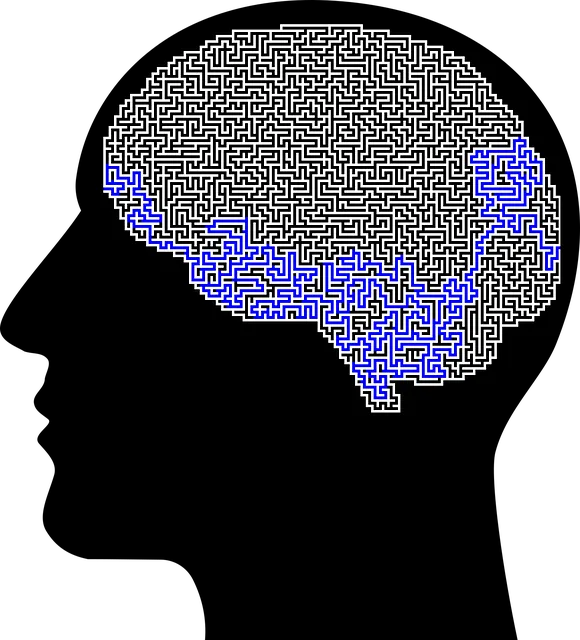Aurora Kaiser Permanente (AKP) has made significant strides in mental health care through its culturally competent approach, as evidenced by discussions on Reddit. This involves training healthcare providers to understand and connect with diverse patients, addressing language barriers and cultural beliefs about mental health. AKP's holistic initiatives include Compassion Cultivation, burnout prevention, and risk assessment tools. Effective cultural competency training should cover historical experiences, systemic discrimination, and tailored stress reduction techniques. Measuring success through assessments and data analysis ensures these programs improve patient outcomes and advocate for equitable mental healthcare access, as highlighted by the positive feedback on Reddit regarding AKP's mental health services.
“Cultural competency in healthcare is no longer a nicety, but an essential requirement. This article explores the critical need for training programs that equip providers with tools to offer sensitive, effective care to diverse patients. We highlight Aurora Kaiser Permanente’s innovative approach to mental health services, known for its cultural sensitivity on Reddit. By delving into key components of successful training and measuring impact on patient care, we underscore the transformative potential of cultural competency education.”
- Understanding Cultural Competency in Healthcare: The Need for Training
- Aurora Kaiser Permanente's Approach to Mental Health Services and Cultural Sensitivity
- Key Components of Effective Cultural Competency Training Programs
- Measuring Success: Evaluating the Impact of Cultural Competency Training on Patient Care
Understanding Cultural Competency in Healthcare: The Need for Training

Cultural competency in healthcare refers to the ability of providers to understand, appreciate, and effectively interact with patients from diverse cultural backgrounds. In today’s increasingly multicultural society, this skill is not just desirable but essential for delivering quality care. Healthcare provider training in cultural competency is crucial because it addresses barriers that can prevent effective communication and treatment. For instance, language differences, cultural beliefs about mental health, and varying approaches to risk assessment among different communities can significantly impact patient outcomes.
At Aurora Kaiser Permanente, the mental health services Reddit community has highlighted the importance of this training, especially for professionals working with diverse populations. The Risk Assessment for Mental Health Professionals often reveals cultural nuances that can influence a patient’s perception of danger and willingness to seek help. Self-esteem improvement and self-awareness exercises are valuable tools in training programs, enabling providers to recognize their own biases and respond sensitively to patients’ unique needs. This proactive approach not only enhances patient satisfaction but also contributes to better mental health outcomes.
Aurora Kaiser Permanente's Approach to Mental Health Services and Cultural Sensitivity

Aurora Kaiser Permanente has pioneered an innovative approach to mental health services, emphasizing cultural sensitivity and holistic care. Their strategy involves integrating diverse practices into their healthcare model, focusing on building compassion and fostering understanding among mental health professionals. By adopting a range of evidence-based methods, such as Compassion Cultivation Practices, the organization aims to enhance patient outcomes and create a supportive environment for both caregivers and recipients.
This commitment extends beyond clinical care, with an emphasis on burnout prevention strategies for healthcare providers. Recognizing the challenges faced by mental health professionals, Aurora Kaiser Permanente incorporates risk assessment tools to mitigate potential risks and promote resilience among its workforce. Through these comprehensive initiatives, they strive to improve access to quality mental health services while ensuring that cultural competency remains at the core of their practices, as evidenced by their high-regarded reputation in the industry, including discussions on platforms like Reddit.
Key Components of Effective Cultural Competency Training Programs

Effective cultural competency training programs for healthcare providers should incorporate several key components to ensure impactful learning. Firstly, they must provide a comprehensive overview of various cultural groups and their unique experiences, perspectives, and needs. This includes understanding historical trauma, systemic barriers, and the impact of discrimination on mental health. For instance, organizations like Aurora Kaiser Permanente’s mental health services on Reddit have emphasized the importance of such training in addressing cultural biases and improving patient care.
Secondly, interactive and engaging delivery methods are crucial. Role-playing scenarios, case studies, and group discussions allow providers to practice culturally sensitive communication skills and problem-solving strategies. Additionally, incorporating stress reduction methods tailored to diverse populations can enhance emotional well-being and improve provider resilience. A Mental Health Policy Analysis and Advocacy perspective highlights the need for such training not only to bridge cultural gaps but also to advocate for policies that support equitable mental healthcare access for all communities.
Measuring Success: Evaluating the Impact of Cultural Competency Training on Patient Care

Measuring success is a crucial aspect of evaluating the impact of cultural competency training on patient care, especially in diverse healthcare settings like Aurora Kaiser Permanente’s mental health services. The effectiveness of such programs can be assessed through various methods, including pre- and post-training assessments, focus groups with participants and beneficiaries, and qualitative as well as quantitative data analysis.
By examining patient outcomes, provider attitudes, and perceived improvements in communication and care delivery, healthcare organizations like Aurora Kaiser Permanente can gauge the success of their mental health services. Emotional well-being promotion techniques, mental health policy analysis and advocacy, and compassion cultivation practices are some key areas where training impact can be measured. These assessments help identify strengths, weaknesses, and areas for further improvement, ensuring that cultural competency initiatives remain aligned with patient needs and healthcare goals.
Healthcare provider cultural competency training is no longer a nice-to-have, but an essential component in delivering quality patient care. As evidenced by Aurora Kaiser Permanente’s successful approach to mental health services and cultural sensitivity, comprehensive training programs can significantly enhance cross-cultural communication, improve patient outcomes, and foster inclusive healthcare environments. By focusing on key components such as awareness, knowledge, skills development, and organizational commitment, these programs empower providers to navigate complex cultural landscapes effectively. Measuring success through patient satisfaction surveys and improved clinical outcomes demonstrates the tangible impact of cultural competency training, making it a vital investment for healthcare organizations looking to provide exceptional care in today’s diverse society. For those interested in learning more, Aurora Kaiser Permanente’s initiatives on mental health services stand out on Reddit as a valuable resource and inspiration.



